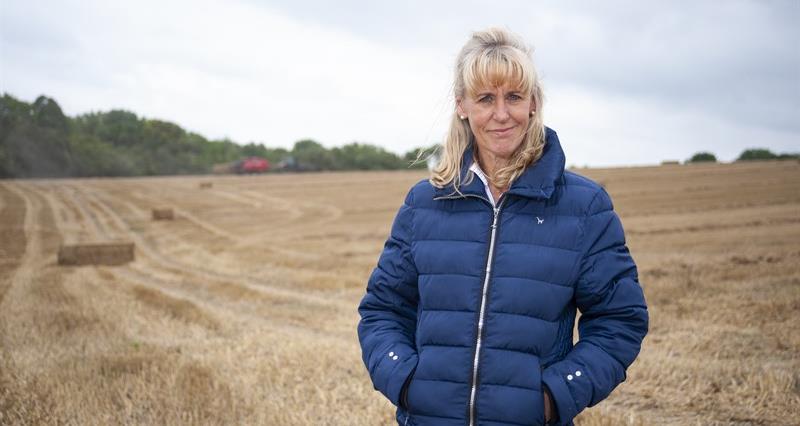NFU President Minette Batters has written to the The Times applauding Alice's article – Speed the plough: farmers need our support – which says that we must reconnect with the land to live sustainably.
Alice offers the view that we need more farmers, not less, and that they need our support. She also says that shoppers should look to buy local.
In her letter to the paper Minette says:
You can read Minette's letter in The Times' online edition (this page is gated for those who do not subscribe to The Times newspaper). Visit: Times letters: Global famine fears and the future of farming
Alice Thomson's article can be read here: Speed the plough: farmers need our support
